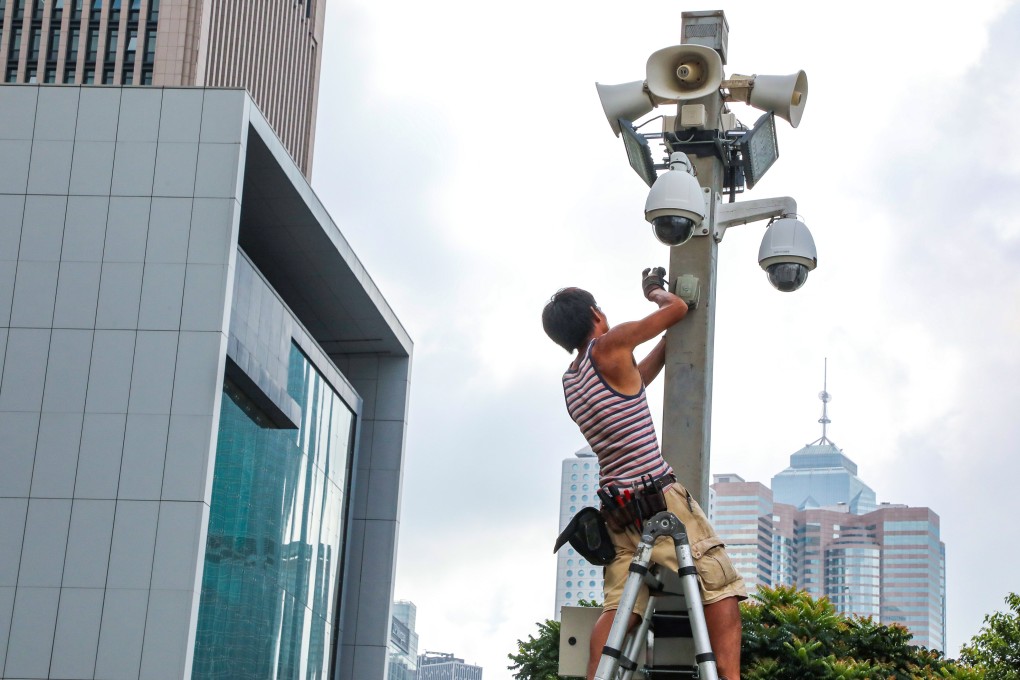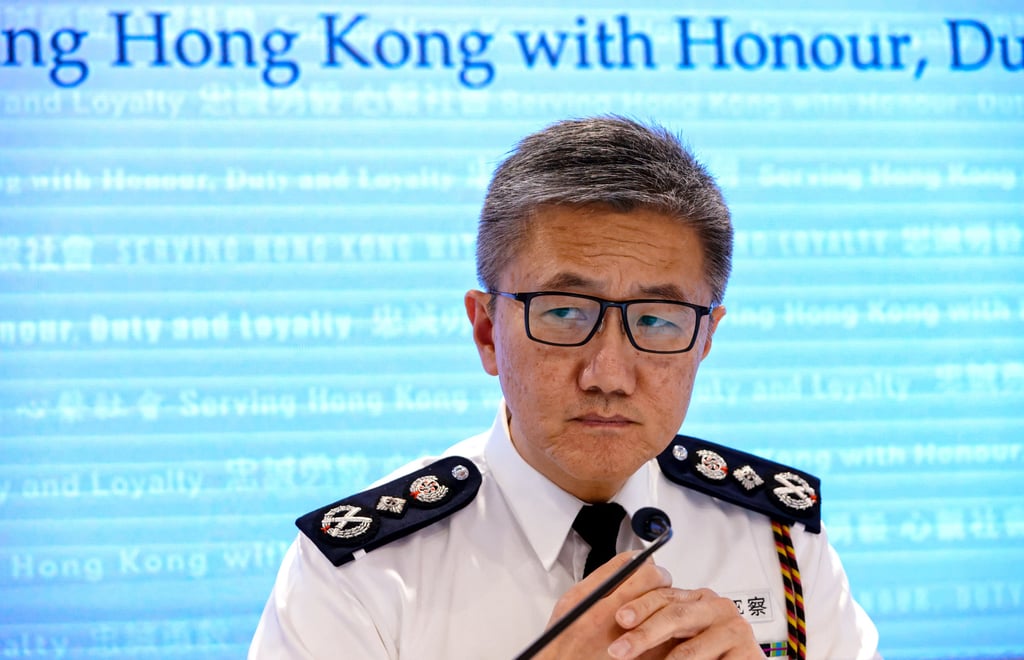Facial recognition technology could be used in Hong Kong to fight crime, maintain national security: police chief Raymond Siu
- Commissioner of Police Raymond Siu says guidelines will be drawn up on use of personal information gathered by new network of CCTV cameras
- Siu says government will install 615 CCTV cameras across city next month, first phase of plan to set up 2,000 by the end of the year

Commissioner of Police Raymond Siu Chak-yee on Sunday said the government would install 615 CCTV cameras in the city by next month, the first phase of a plan to put up 2,000 by the end of the year.
Siu said the force would set up a surveillance system independent of existing ones installed by government bodies such as the Housing Department and the Leisure and Cultural Services Department.
“We are still in the preparation phase, but we will not rule out the possibility [of using facial recognition] as technological advancements can definitely help us be more effective in law enforcement and other areas,” he said.
“Citizens do not have to worry. Police will make use of these technologies to combat crimes, but we will do so lawfully.”

Siu added that authorities were still in the early stages of identifying the circumstances where technology would be used, such as tracking suspects, and did not rule out using the information for cases involving national security.